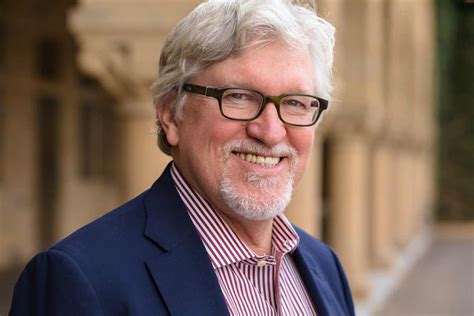A Quote by Jeff Raikes
In business, there's a constant focus on developing strategies, reviewing executive performance against those strategies each year, engaging with opposing or different points of view, and having intellectual dialogue.
Related Quotes
The freedom I give myself for the business is in deciding to take part in the Paris collections, but also having other retail strategies that are unlike anybody else's. Not necessarily going into malls, doing the business my own way - having different brands to cover different concepts, to be able to have the cash flow to carry on.
The goals you set for yourself and the strategies you choose become your blueprint or plan. Strategies are like recipes: choose the right ingredients, mix them in the correct proportions, and you will always produce the same predictable results: in this case financial success. The success strategies for managing money and building wealth are called Money Strategies. By learning to use money strategies as a part of your day-to-day life, financial frustration and failure will become a thing of the past.
What often happens with these Islamist regimes, there are differing philosophies in terms of how fast to go in getting to where everybody wants to end up, which is Sharia. That is the ultimate objective for all of these places. But they have different strategies on the speed with which they’re going to get there, and the strategies involve foreign policy.
By the time I got to school, I had already read a couple hundred books. I knew in the first grade that they were lying to me because I had already been exposed to other points of view. School is basically about one point of view -- the one the teacher has or the textbooks have. They don't like the idea of having different points of view, so it was a battle. Of course I would pipe up with my five-year-old voice.
As businessmen caught a glimpse of the potentialities inherent in endlessly expanding the wants of people under consumerism, forced draft or otherwise, many began to see blue skies... What was needed was strategies that would make Americans in large numbers into voracious, wasteful, compulsive consumers-and strategies that would provide products assuring such wastefulness. Even where wastefulness was not involved, additional strategies were needed that would induce the public to consume at ever-higher levels.
We need to develop a robust set of tools - strategies and routines - that help us address student variance. It's easy to come to rely on two or three "trusty" instructional strategies like worksheets and lectures. Those are of little help in planning for a variety of student needs. As we develop a better toolbox, we're empowered to meet students where they are.



































